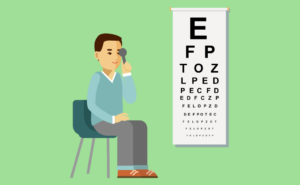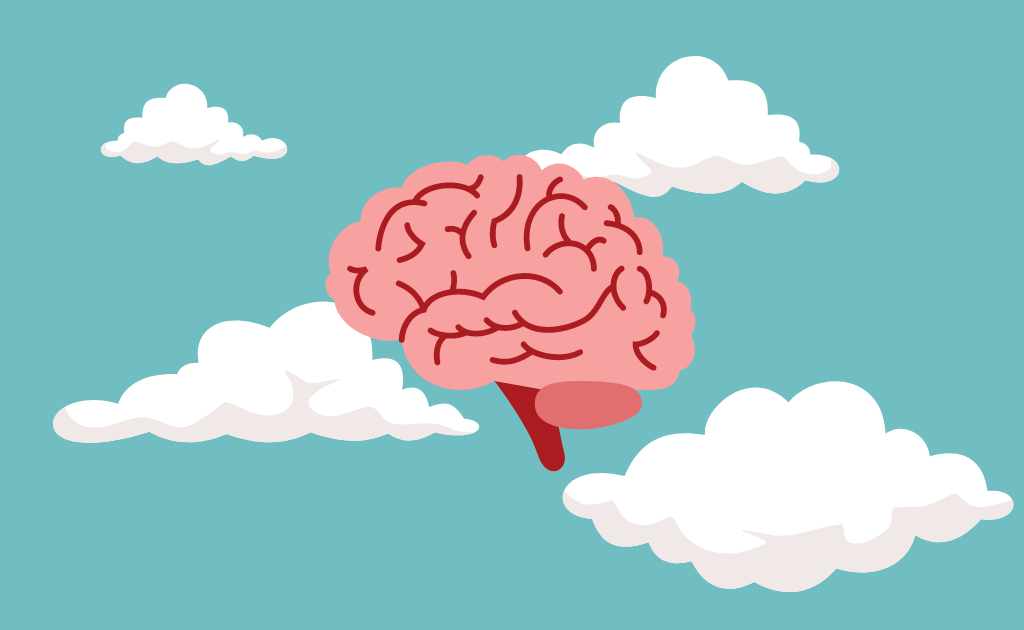
- 0508 966 622
- help@zoompharmacy.co.nz
- Mon - Fri: 8:30 - 16:00
It has been more than four years since the first cases of Covid-19 were identified. While the peak of the pandemic may feel well behind us, researching is revealing that for many people Covid continues to have an impact on their lives. Brain fog is one of the most common lingering symptoms reported, and for many it has continued for months or even years after getting infected with the virus. In this article we will examine what researchers have learned about brain fog after Covid and how to manage it.

Yes, there is growing evidence that Covid-19 can cause brain fog. Researchers have found that the cognitive impact of long Covid can be measured. The study accessed over 140,000 people to see if there was a measurable cognitive deficit (decline) after Covid-19, that would change depending on the duration of the illness and its severity.
This investigation was undertaken due to the strong implication of poor memory and difficulty thinking or concentration occurring after Covid-19. The study ‘found objectively measurable cognitive deficits that may persist for a year or more after Covid-19.’ 1 Researchers stated that the memory, reasoning, and executive function (i.e., planning) tasks were among the most sensitive to Covid-19 related cognitive differences.
Studies have shown that covid can trigger brain fog. Studies estimate nearly half of patients with long Covid report either poor memory or brain fog.2 People experiencing Covid brain fog may notice the following symptoms in day-to-day life:
These symptoms were observed to in both people who were and weren’t hospitalised.
Brain fog is a term often used to describe slow, clouded, or lethargic thinking. People may be forgetful, absentminded, confused, or fatigued. These changes in mental clarity can occur for many reasons or under a wide range of circumstances. Some common causes of brain fog can be a lack of sleep, overworking, stress, hormonal changes, diet, or medication.
While it isn’t an official medical diagnosis the term has become strongly associated with covid-19 in recent years. It is possible brain fog after Covid-19 may be related to inflammatory or immune responses impacting the brain.
Brain fog is one of the most common symptoms reported with long covid. Long Covid has been shown to last weeks, months or even years after having Covid-19. Research on brain fog after Covid has shown that symptoms can last for months after respiratory symptoms have gone away.
A study on the ongoing symptoms of long covid found that 88% of people reported problems with cognition or memory, with most reports emerging in the first few months after Covid-19. It found at the beginning of month 7 since initial symptoms 55.5% of respondents still reported cognitive issues and 50.5% still reported memory decline.3
There’s no quick fix or proven method to resolve brain fog after Covid-19. However, brain fog is not new and there are some recommended changes you can make that may help to reduce the symptoms of brain fog:
Many people with brain fog after Covid will see their symptoms gradually improve over time. It is possible brain fog may take weeks, months or even years to resolve completely. While there is no cure for brain fog, the significant growth in awareness due to Covid-19 means that more attention is being paid to finding treatment options.
Resources:















































